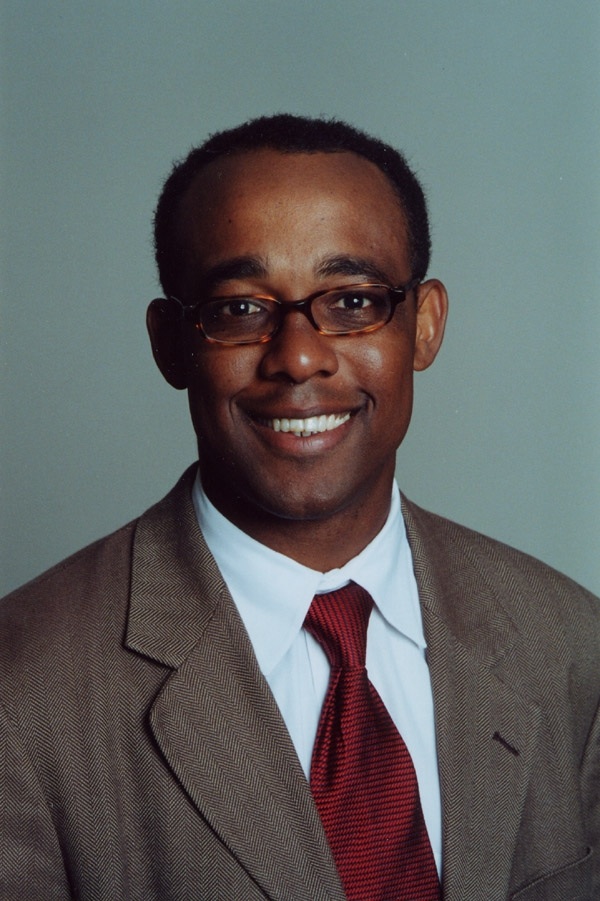


James R. Hines Jr., President
Richard A. Musgrave Collegiate Professor of Economics and L. Hart Wright Collegiate Professor of Law at the University of Michigan
James Hines teaches at the University of Michigan, where he is Richard A. Musgrave Collegiate Professor of Economics in the department of economics, L. Hart Wright Collegiate Professor of Law in the law school, codirector of the law & economics program at the law school, and research director of the business school’s Office of Tax Policy Research.
His research concerns various aspects of taxation. He holds a B.A. and M.A. from Yale University and a Ph.D. from Harvard, all in economics. He taught at Princeton and Harvard prior to Michigan, and has held visiting appointments at Columbia University, the London School of Economics, the University of California-Berkeley, and Harvard Law School.
In 2017 he received the National Tax Association’s Daniel M. Holland Medal for lifetime achievement in the study of public finance. He is a research associate of the National Bureau of Economic Research, research director of the International Tax Policy Forum, a former co-editor of the Journal of Public Economics and the Journal of Economic Perspectives, and once, long ago, was an economist in the U.S. Department of Commerce.

Richard R.W. Brooks, Vice President
Emilie M. Bullowa Professor of Law
New York University School of Law
Richard R.W. Brooks is the Emilie M. Bullowa Professor of Law at New York University. He joined the law faculty at NYU in 2018, after holding the Leighton Homer Surbeck Professorship of Law at Yale Law School followed by the Charles Keller Beekman Professorship of Law at Columbia Law School. Brooks’ scholarly approach combines economics, game theory and legal analytical methods in the study of private law fields—such as contract, property, fiduciary and corporate law—and social organization more broadly.

Lee Anne Fennell, Secretary-Treasurer
Max Pam Professor of Law
at the University of Chicago Law School
Lee Anne Fennell is the Max Pam Professor of Law at the University of Chicago Law School, where she has taught since 2007. She previously served as a Bigelow Fellow at Chicago, taught on the faculties of the University of Texas School of Law and the University of Illinois College of Law, and held visiting positions at Yale Law School, NYU School of Law, and the University of Virginia School of Law. Before teaching law, she practiced at Pettit & Martin, the State and Local Legal Center, and the Virginia School Boards Association.
Her teaching and research interests include property, torts, land use, housing, social welfare law, state and local government law, and public finance. She is the author of The Unbounded Home: Property Values Beyond Property Lines (Yale University Press 2009) and Slices and Lumps: Division and Aggregation in Law and Life (University of Chicago Press, 2019), as well as many articles and essays.